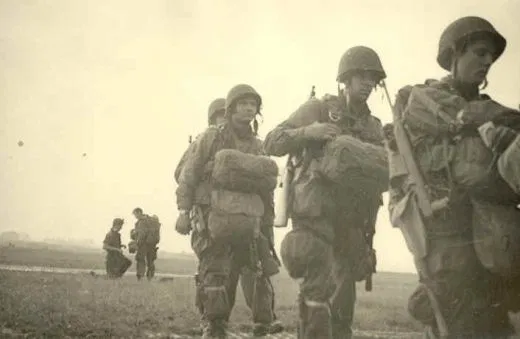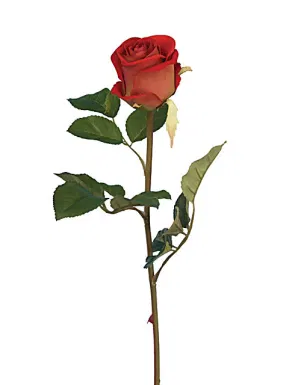At the moment I am reading War & Peace by Leo Tolstoy. I didn’t think anything could top Anna Karenina, but this book is beautiful. However, that’s not why I’m writing this blog post. I’m 915 pages into Tolstoy’s classic, and there’s far more war than peace happening at this moment in time. This got me thinking about my favourite wartime poem; ‘Dulce Et Decorum Est’ by Wilfred Owen:
Bent double, like old beggars under sacks,
Knock-kneed, coughing like hags, we cursed through sludge,
Till on the haunting flares we turned our backs
And towards our distant rest began to trudge.
Men marched asleep. Many had lost their boots
But limped on, blood-shod. All went lame; all blind;
Drunk with fatigue; deaf even to the hoots
Of disappointed shells that dropped behind.
GAS! Gas! Quick, boys!– An ecstasy of fumbling,
Fitting the clumsy helmets just in time;
But someone still was yelling out and stumbling
And floundering like a man in fire or lime.–
Dim, through the misty panes and thick green light
As under a green sea, I saw him drowning.
In all my dreams, before my helpless sight,
He plunges at me, guttering, choking, drowning.
If in some smothering dreams you too could pace
Behind the wagon that we flung him in,
And watch the white eyes writhing in his face,
His hanging face, like a devil’s sick of sin;
If you could hear, at every jolt, the blood
Come gargling from the froth-corrupted lungs,
Obscene as cancer, bitter as the cud
Of vile, incurable sores on innocent tongues,–
My friend, you would not tell with such high zest
To children ardent for some desperate glory,
The old Lie: Dulce et decorum est
Pro patria mori.
Despite its content, this poem is, for me, one of the most beautiful poems ever written. It’s certainly the most poignant. Written during World War I, it dispels Roman poet, Horace’s ‘old lie’; that it is right and fitting to die for your country. It encapsulates the confusion, horror and ultimately the waste of life during wartime, something that is very current considering the recent war in Iraq. Its graphic descriptions really hit home and give you a taste of what it’s really like to serve your country, especially at a time when young men didn’t have a choice.

 A Flower Has Opened In My Heart
A Flower Has Opened In My Heart
